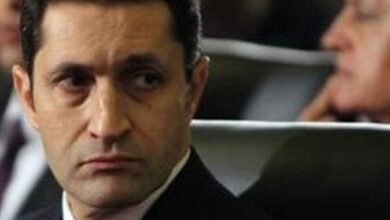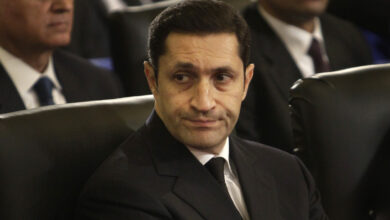Prison hospitals, especially the Tora Prison hospital, are not equipped to deal with critical cases, said Egyptian Interior Minister Mansour al-Essawy on Wednesday. The statement came one day after the medical committee charged with examining ousted Egyptian President Hosni Mubarak recommended that Mubarak remain at Sharm el-Sheikh International Hospital.
According to the report prepared by the medical committee, which was assigned by the attorney general and which includes a number of cardiologists and critical care experts, Mubarak’s state of health prevents his transfer to the hospital at Tora prison. The committee said Mubarak was in a "critical” condition.
During his meeting with a delegation from the 25 January Revolutionary Youth Coalition, Essawy said that “the decision to transfer former President Hosni Mubarak to Tora Prison was under the jurisdiction of the attorney general.”
“The prison hospitals in general and the [Tora prison hospital] in particular suffer from a lack of medical equipment,” he said, adding that “most prison hospitals are only equipped for childbirth.”
He went on to say that the delegate from the Lawyers Syndicate, who recently visited Tora prison, found that the prison hospital was not equipped to deal with critical cases. He noted that "the [Tora] Prison hospital is being equipped quickly in preparation for the attorney general and the public prosecutor’s decision to transfer the former president."
When asked why authorities do not reassure the public by publishing prison pictures of the Mubarak sons or former Interior Minister Habib al-Adly, Essawy said, “There has been no special treatment for them and the picture is an issue of personal freedom.”
With regard to the return of police officers, Essawy said, “Security will return in full force to the Egyptian street within three months, and the ministry has a plan in place for this purpose.”
Translated from the Arabic Edition




